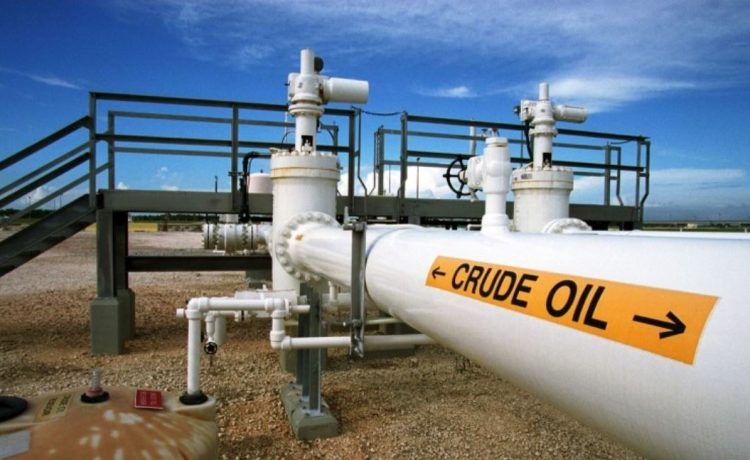Nigeria’s crude oil production has once again fallen below its OPEC-imposed quota, according to the latest data released by the Nigerian Upstream Petroleum Regulatory Commission (NUPRC). The figures indicate that the country’s average daily crude oil output in February was approximately 1.47 million barrels per day (mbpd), which is a reduction from the 1.54 mbpd recorded in January.
This 70,000 barrel per day drop in February represents a significant loss of about 2.1 million litres of crude oil over the course of just one month. The dip is seen as a major setback for the country, as it falls short of Nigeria’s OPEC quota of 1.5 mbpd for the month. It also marks a return to a pattern of underperformance following January’s encouraging results.
In January, Nigeria had exceeded its OPEC allocation by over 30,000 barrels daily, reaching an average production of 1.54 mbpd. This exceeded expectations, and industry stakeholders had commended the efforts of the Nigerian federal government and relevant agencies for their strides in improving production. The country’s targeted output for 2025 is 2.06 mbpd, and stakeholders were optimistic about achieving this ambitious goal.
However, February’s disappointing figures have raised concerns about the stability of Nigeria’s oil production. The decline in output further highlights the numerous challenges the country faces in sustaining or increasing oil production levels, particularly as it attempts to reach its 2.06 mbpd target.
Some of the primary issues affecting Nigeria’s oil production include infrastructure challenges, oil theft, regulatory issues, and operational difficulties in the upstream sector.
Beyond the crude oil production figures, the country’s total oil output—which includes both crude and condensate—also experienced a decline. In January, the combined production was 1.78 mbpd, but in February, it dropped to 1.67 mbpd. This 110,000 barrel per day decrease is another indication that Nigeria’s oil sector is struggling to maintain consistent levels of output, and it also presents challenges for government revenue, as oil exports remain a crucial source of income for the country.
The news is a blow to Nigeria’s oil industry, especially after a relatively positive start to the year. The drop in February’s production has been linked to several factors, including operational challenges in the oil fields, pipeline vandalism, and ongoing security issues in the Niger Delta, which continue to hamper oil extraction.
The decline in production puts further pressure on the Nigerian government, which is already grappling with the effects of lower oil revenues on its national budget. With oil prices showing some volatility, Nigeria’s government will likely be under increasing pressure to implement reforms and address the production challenges in the coming months.







